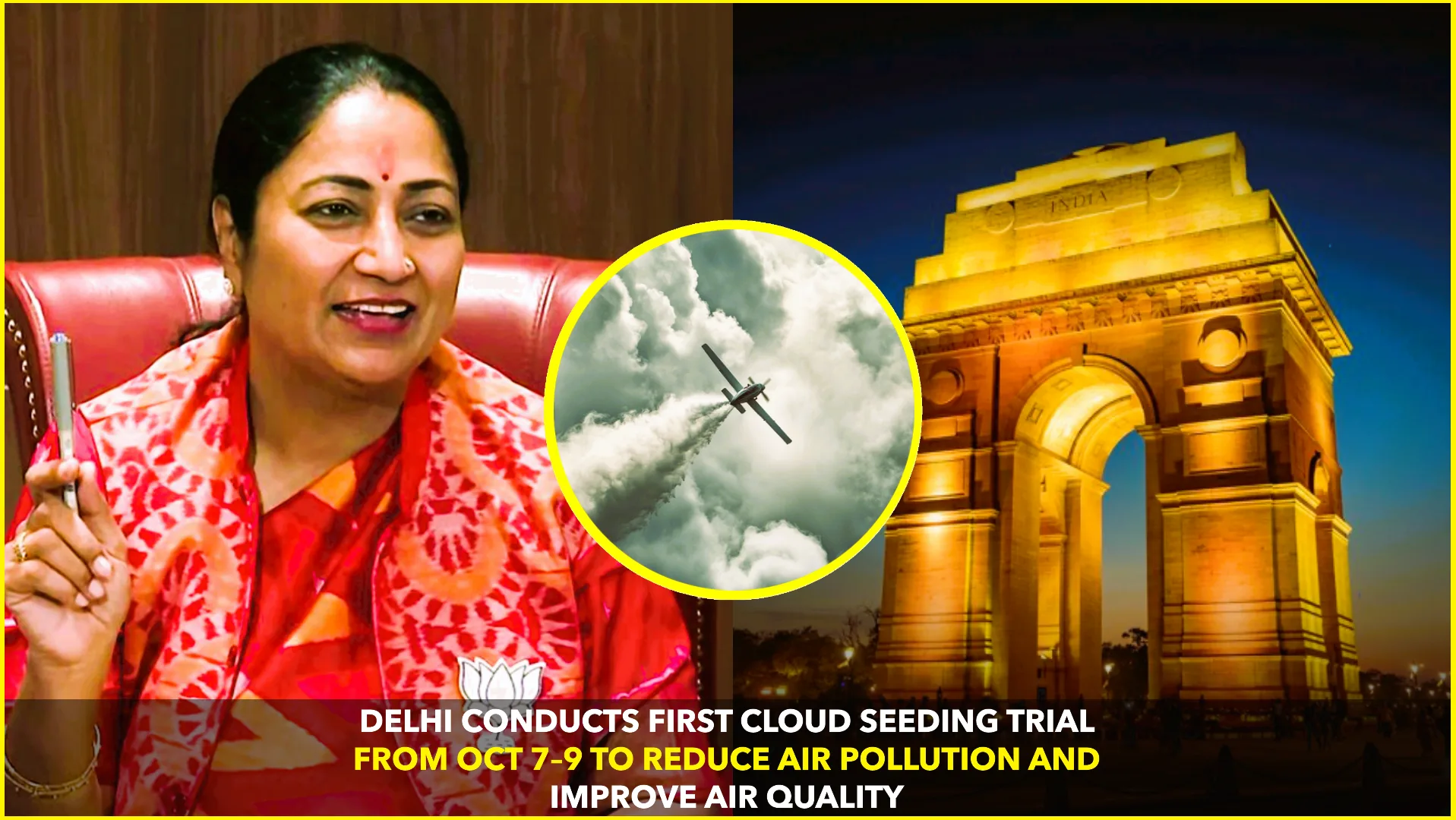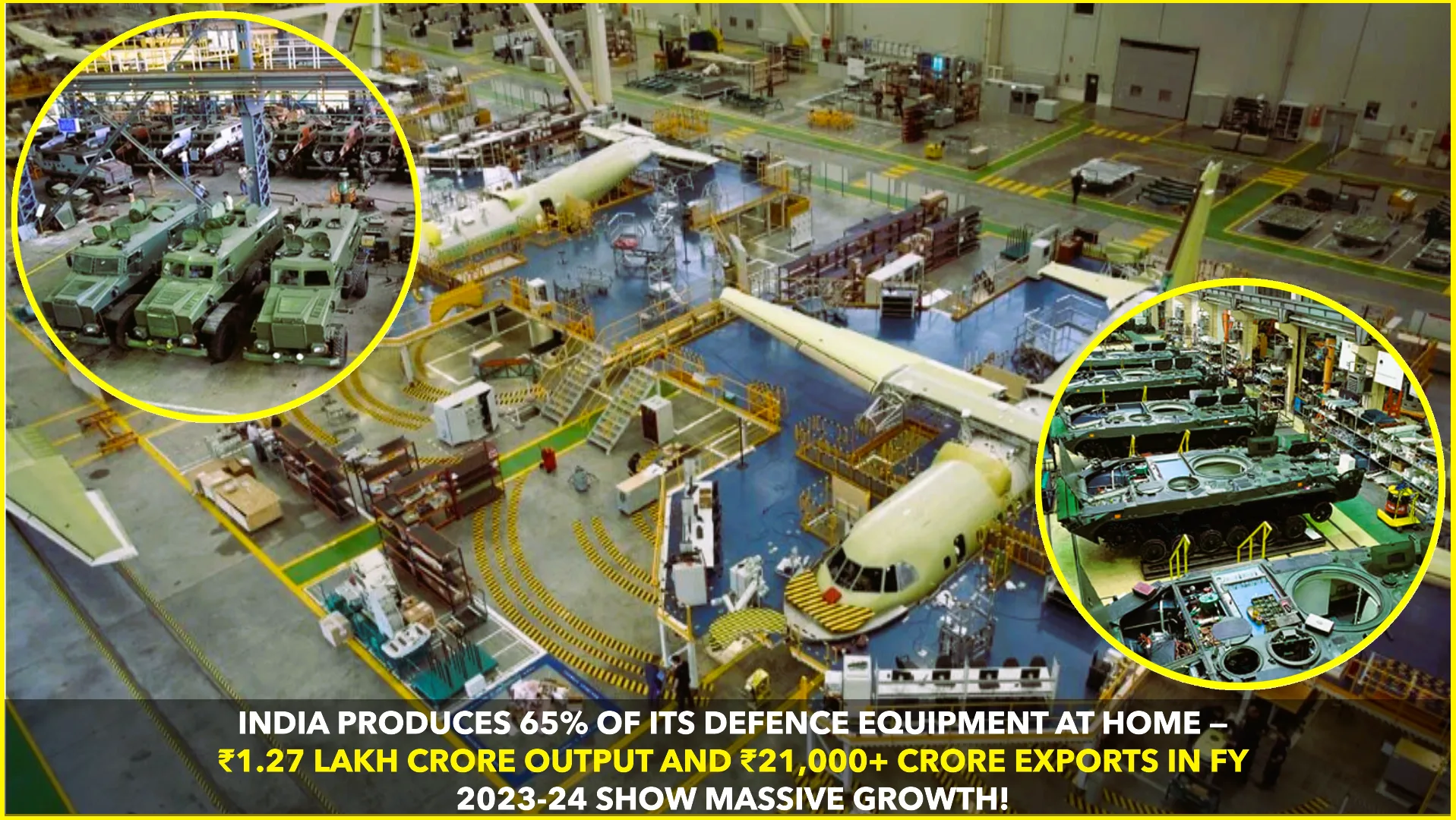Russian President Vladimir Putin has formally suspended Russia’s participation in the New START treaty with the United States— the final remaining nuclear arms control agreement between the two powers. The move marks a sharp break from decades of Western cooperation and poses a stark threat to global security and strategic stability.
A Sudden Break in Transparency
On February 21, 2023, during a high-profile speech to Russia’s Federal Assembly, Putin declared that Russia would halt compliance with the New START treaty, effectively stopping on-site inspections, data exchanges, and other verification measures that ensured transparency between Moscow and Washington ReutersWikipedia.
Russia framed the suspension not as an abandonment, but as a conditional freeze — insisting that if the U.S. continued supporting Ukraine and refused to include France and Britain in arms control talks, full participation would remain off the table Arms Control AssociationWikipedia.
Why This Matters — and What It Means
The New START treaty, signed in 2010 and extended in 2021, limits both countries to 1,550 deployed strategic warheads and imposes caps on long-range missiles and bombers PBSCISAC. Crucially, it also mandates regular on-site inspections and data-sharing—a transparency mechanism that helps prevent miscalculations and conveys trust.
With Russia halting inspections and data flows, independent verification becomes nearly impossible. Although both sides may rely on national surveillance tools like satellites, the loss of agreed mechanisms undermines confidence and increases the risk of misunderstandings CSISCISAC.
Rising Dangers Amid Treaty Erosion
Experts warn that the treaty’s suspension, along with other treaty collapses, sets the world on a perilous path. New START is functionally dead, even though it technically remains in force until its scheduled expiration in February 2026 AP NewsCISAC. Without it, the structural constraints holding back potential arsenals evaporate.
A report by the Federation of American Scientists suggests that Russia could legally increase its deployed nuclear weapons by up to 60% if it abandons the treaty limits—creating a frenzied arms competition Reuters. Furthermore, the broader retreat from arms control—seen in recent departures from INF and CTBT commitments—has propelled the world into what many analysts call a “third nuclear age” VoxThe Guardian.
U.S. Reaction and Diplomacy Remains Open
The U.S. responded by labeling Russia’s suspension as “deeply unfortunate and irresponsible”. Washington also imposed limited counter-measures—revoking Russian inspectors’ visas and halting certain data exchanges, while emphasizing its readiness to resume treaty obligations if Moscow reignites compliance AP News.
At the same time, under current treaty terms, the U.S. continues to abide by all numerical limits. But with inspections off the table, the effectiveness of these limits hinges on trust—a dwindling commodity CSISCISAC.
A Critical Crossroads for Global Security
The treaty expires in under a year—February 2026—and cannot be extended again CISAC. Combined with its suspension, this deadline risks ushering in an unchecked arms race. Institutions such as the U.S.-Russia Strategic Stability Dialogue still exist but operate in an increasingly hostile environment Wikipedia.
Unless new agreements, innovative risk-reduction tools, or renewed diplomatic momentum emerge, this breakdown threatens to reverse hard-won gains in nuclear de-escalation, setting a dangerous precedent for global security.










